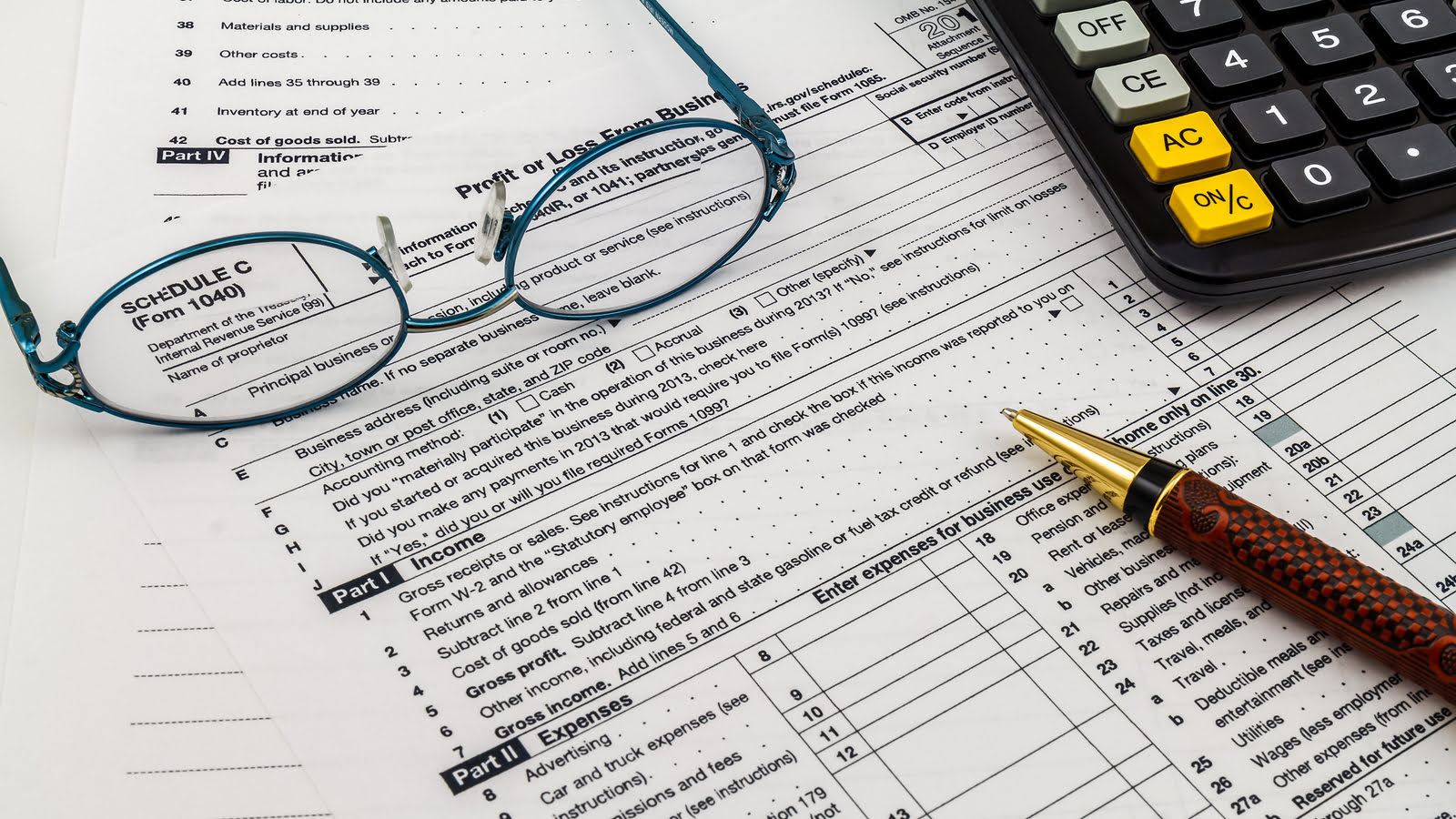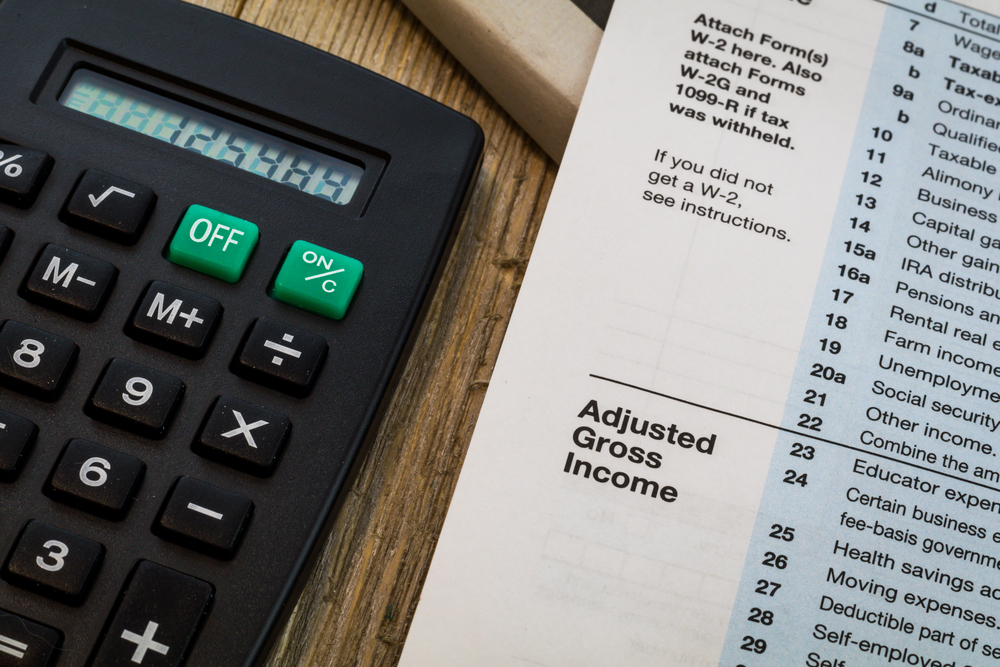The CARES Act made unemployment benefits accessible to those who don’t typically qualify for them, like self-employed workers and independent contractors. However, there are requirements you need to meet.
The CARES Act, signed into law on March 27 by President Trump, includes an unemployment assistance program for individuals who, under normal circumstances, would not qualify for unemployment benefits, which traditionally have only applied to employees.
Under the CARES Act, unemployment benefits are now available for self-employed individuals, independent contractors and others — even some with limited work history — who are unable to work because of the pandemic.
How do I qualify for unemployment as an independent contractor?
To qualify for these expanded unemployment benefits, an individual will have to self-certify that they were available to work but unable to for any of the following reasons:
- They’ve been diagnosed with COVID-19 or are experiencing symptoms of COVID-19 and are seeking medical diagnosis
- A member of the individual’s household has been diagnosed with COVID-19
- The individual is providing care for a family member or member of their household who has been diagnosed with COVID-19
- The individual is the primary caregiver for a child or other person in the household who is unable to attend school or another facility as a direct result of COVID-19
- The individual is unable to work because of a COVID-19 imposed quarantine
- The individual is unable to work as the result of being advised to self-quarantine by a healthcare provider
- The individual was scheduled to start a job, but was unable to do so as a result of the COVID-19 health emergency
- The individual has become a major supporter of a household as the result of the death of the head of household who has died as a direct result of COVID-19
- The individual quit their job as a direct result of COVID-19
- The individual’s place of employment is closed as a direct result of COVID-19
Additional eligibility qualifications may be added by the Secretary of Labor. Individuals who are able to work from home with compensation or are receiving paid sick leave or other paid leave benefits do not qualify.
Benefits paid under this provision will include the amount allowed under state law plus $600 per week for a period of up to four months. The benefit period is extended to 39 weeks, although it’s normally 26 weeks in most states. The usual one-week waiting period before receiving benefits is waived. These special benefits only apply beginning on Jan. 27, 2020 and ending on Dec. 31, 2020.
The bottom line
Self-employed individuals and independent contractors, who normally wouldn’t qualify for unemployment benefits, now do because of the CARES Act.
You can apply, contact the agency in your state.
Want to know all the other ways COVID-19 might impact your business or taxes? Visit our coronavirus page for the latest financial updates.







